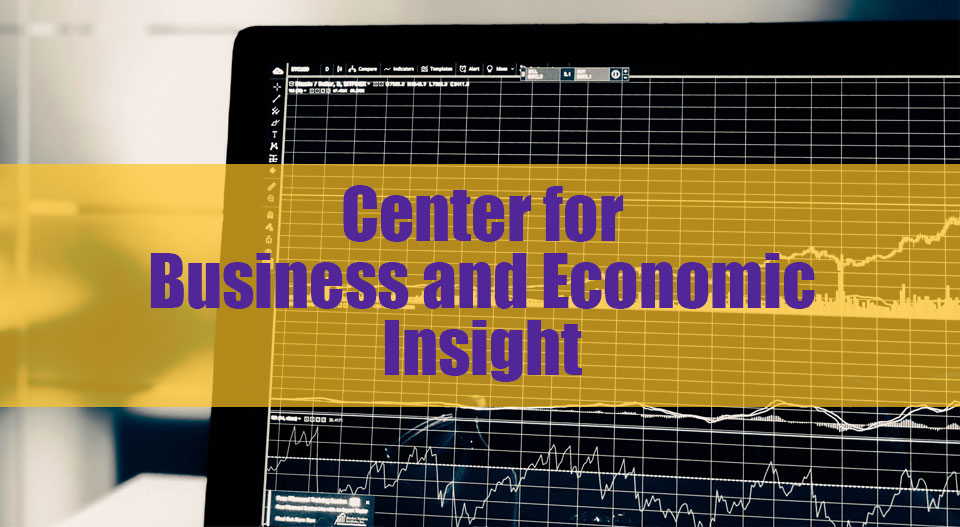
Unfortunately, the coronavirus has become an increasing global health concern. As the death toll and number of people infected with the coronavirus rises, the global outbreak has also influenced financial markets.
Financial markets hate uncertainty. Uncertainty can lead to market declines and significant increases in market volatility. When September 11 occurred it not only had a major impact on the psyche of Americans, it also had a profound negative impact on stock markets – globally. Uncertainty can create fear and following 9/11 no one knew exactly what was going to happen. That fear resonated in U.S. and foreign financial markets, because it is a global marketplace. The greater the uncertainty, the greater the fear.
U.S. stock markets were closed for almost a week after the 9/11 terrorist attacks. When they reopened on September 17 stocks sank – the Dow Jones Industrial Index (an index of 30 “blue chip” companies) fell 7.13%; the NASDAQ (technology index) fell 6.83%; the S&P 500 (an index of 500 large U.S. firms) declined 4.83%. Stocks within the travel and leisure industry were particularly hard hit. The airlines – Delta, U.S. Air, and American Airlines (AMR) declined 45%, 52%, and 39%, respectively, on September 17. Hilton declined 24% while Carnival fell 32%. The terrorist attacks placed great uncertainty on Americans willingness and ability to travel, whether by air or sea, and the need for vacation lodging. The impacts on the travel and leisure industry would ripple through the economy – as consumer spending declines, it would have a dampening effect on the entire U.S. economy.
The 9/11 attacks created great uncertainty for the U.S. economy, and if the U.S. economy suffers a downturn, it will impact economies and financial markets around the world. On September 11, 2001 as news of the attacks spread, British stocks fell nearly 6%, German stocks were down over 8%, while French stocks declined over 7%. The world is connected economically and financially.
As uncertainty and fear waned, financial markets recovered. The S&P 500 was almost fully recovered a year after 9/11. However, the initial uncertainty can make financial markets react negatively, and sometimes overreact.
Thousands died in the 9/11 attacks. Fortunately, and thankfully, that has not happened yet from the coronavirus. Recently the coronavirus has been mentioned as a factor contributing to increased market uncertainty and stock market declines. Certainly, the coronavirus is not the only news item affecting financial markets. Questions have been raised about current stock valuations, Europe has Brexit, the U.S. has an impeachment trial, questions remain about trade, and according to the Congressional Budget Office, the U.S. deficit will continue to increase and top $1 trillion in 2020 despite the current prolonged economic expansion. No, the coronavirus is not the only factor affecting financial markets. However, if uncertainty increases due to the virus, financial markets will definitely be impacted – negatively. Everything from travel to healthcare to international trade could be impacted. That impact would likely include declining stock prices and increased market volatility due to the uncertainty. The result would be a negative rippling effect through the global economic and financial markets.
One final point, economic expansions can be derailed by an unexpected and unforeseen event (for example, the financial crisis of 2007-2009). Consumer spending accounts for approximately two-thirds of GDP growth and growth in consumer spending has fueled the current economic expansion. Any event that reduces that spending could derail the economic expansion. Much uncertainty remains, but given that uncertainty, the coronavirus has that potential.

Kevin Bahr is a professor emeritus of finance and chief analyst of the Center for Business and Economic Insight in the Sentry School of Business and Economics at the University of Wisconsin-Stevens Point.
